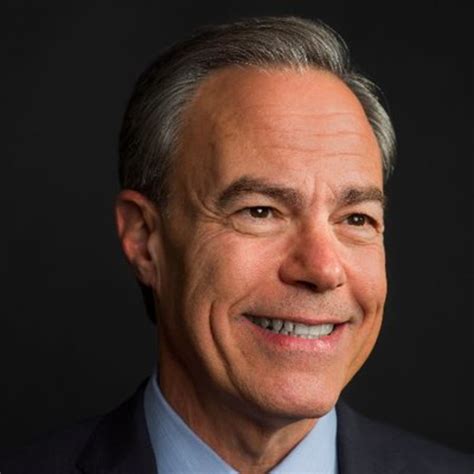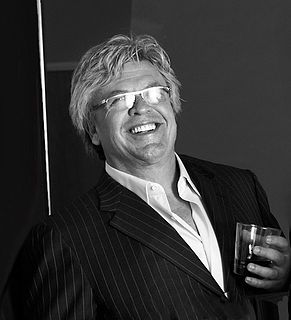A Quote by Dale Carnegie
Listen first. Give your opponents a chance to talk. Let them finish. Do not resist, defend or debate. This only raises barriers. Try to build bridges of understanding.
Related Quotes
When I visit schools and talk to students about writing, I give them one word of advice and I give it to them quickly and loudly-FINISH! Starting something is easier than finishing it. You must have discipline to go from a few sentences, to a few paragraphs, to a piece of writing that has a beginning, a middle, and an end. Finishing something bridges the difference between someone who has talent and one who does not. My best advice? Apply the seat of your pants to the seat of your chair-and finish. FINISH!
Make that extra effort for every relationship. Whether it's with your parents, your children, your husband or your friends. It makes a difference to them. I try to give my kids a lot of solo time where I play with them, talk to them, listen to them. Similarly, you give time for your workout. You slot a time for it, no matter what.
When you talk about your troubles, your ailments, your diseases, your hurts, you give longer life to what makes you unhappy. Talking about your grievances merely adds to those grievances. Give recognition only to what you desire. Think and talk only about the good things that add to your enjoyment of your work and life. If you don't talk about your grievances, you'll be delighted to find them disappearing quickly.
The best advice on writing was given to me by my first editor, Michael Korda, of Simon and Schuster, while writing my first book. 'Finish your first draft and then we'll talk,' he said. It took me a long time to realize how good the advice was. Even if you write it wrong, write and finish your first draft. Only then, when you have a flawed whole, do you know what you have to fix.
How do you listen? Do you listen with your projections, through your projection, through your ambitions, desire, fears, anxieties, through hearing only what you want to hear, only what will be satisfactory, what will gratify, what will give comfort, what will for the moment alleviate your suffering? If you listen through the screen of your desires, then you obviously listen to your own voice.
We all have choices. We can build walls or we can build bridges. We can give our talents to creating weapons of annihilation, as so many scientists have done, or we can work to find solutions to humanities greatest problems. Our orientation is found not only in our acts, but also in the policies we support or oppose.






































